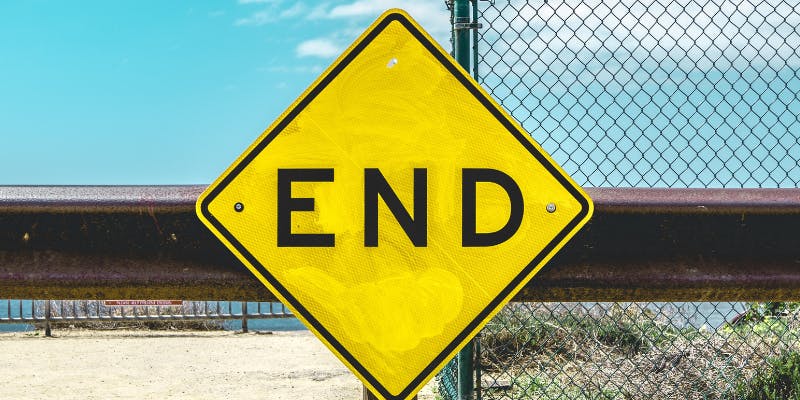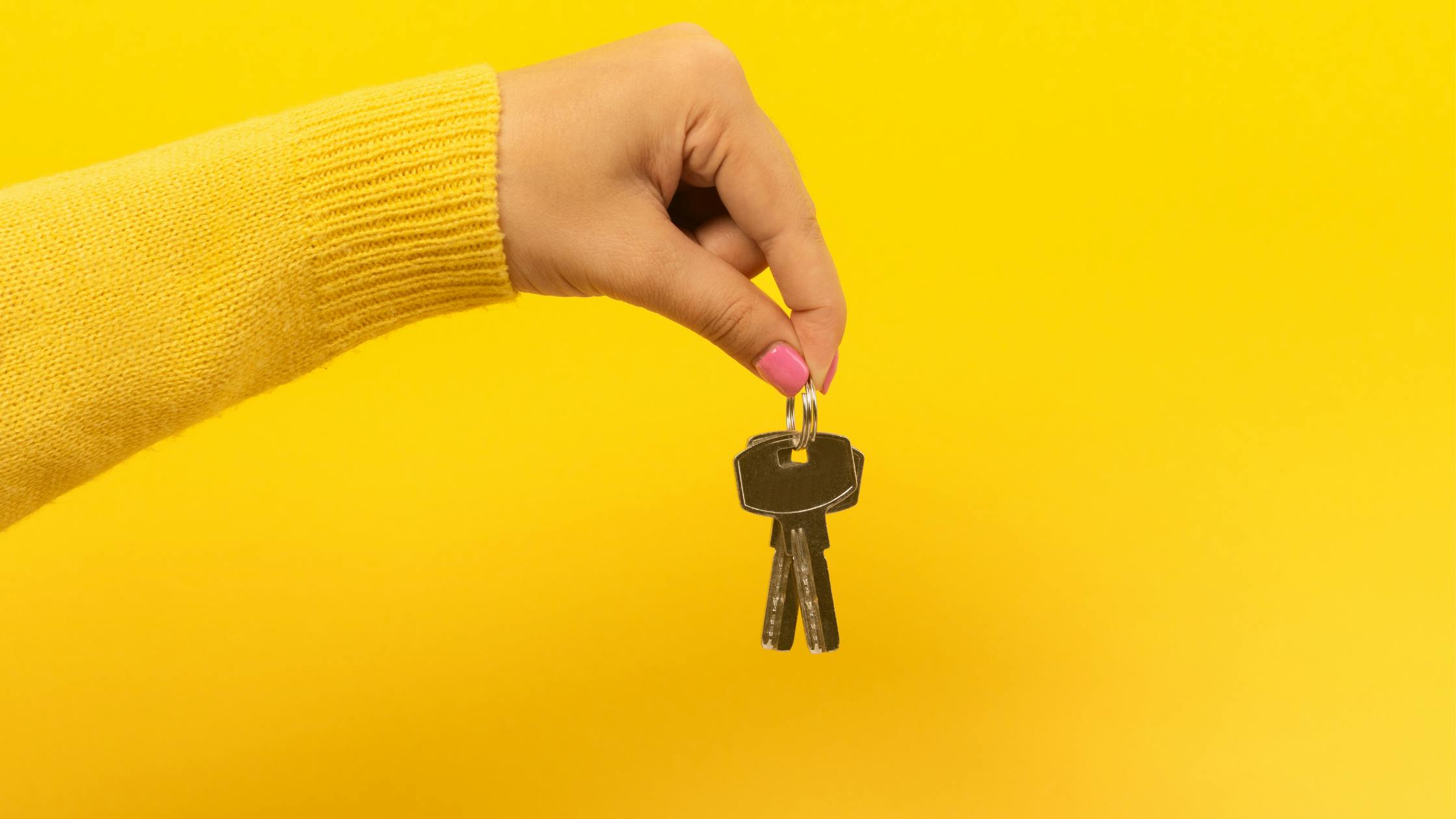What is Help To Buy and how does it work?
What is the Help To Buy scheme and how does it work? Find out everything you need to know about the Help To Buy scheme in our guide.
What is Help to Buy?
Help to Buy refers to either the Help to Buy equity loan, or the Help to Buy ISA. The Help to Buy equity loan was a government scheme that was designed to give first-time buyers financial help onto the property ladder. It worked by the government giving an equity loan to the buyer, normally 20% of the property’s value (40% in London), which acts as an additional house deposit. The Help to Buy ISA was a savings scheme set up by the government to help first-time buyers save a deposit sooner. You could save up to £200 per month, and the government would top up your savings by 25%, up to a maximum of £3,000. Both the Help to Buy equity loan and Help to Buy ISA have now closed to new applicants. There are alternatives to the Help to Buy equity loan worth considering, and the Lifetime ISA is a viable option for those looking to save up their first house deposit.
Read more: Help to Buy ISA vs Lifetime ISA: Which is best for you?
The Help to Buy scheme has now ended!
The Help to Buy Equity Loan closed on 31 March 2023 and closed to new applications on 31 October 2022. To be eligible for this scheme, you must have legally completed by 31 March 2023.
See what alternatives to Help to Buy you're eligible for
If you were hoping to use Help to Buy to get on the ladder, don't worry! There's loads of alternatives available. Find out what options you could be eligible for by creating a free Tembo plan today.
Read more: What are the alternatives to Help to Buy?
Who could use Help to Buy?
Only first time buyers were eligible for the Help to Buy scheme - so if you’re looking to buy with a partner who has previously owned a property, you wouldn't have been be able to use Help to Buy.
Help to Buy specifically operated in England - but there are other budget-boosting still available in Wales and Scotland as well as England that are alternatives to the Help to Buy scheme.
You might like: First time and second time buyer buying together: What you need to know
How did Help to Buy work?
Help to Buy was an equity loan that was leant to the buyer to top up their existing house deposit. The government will lend the buyer up to 20% of the property’s value (40% in London). The remainder of the property price is bought with a repayment mortgage. Because the Help to Buy equity loan provided a 'boost' to the buyer's downpayment, this reduced the amount the buyer needed to borrow for a mortgage.
The buyer would then pay back this equity loan to the government over time. The first five years of Help to Buy equity loan repayments are interest-free - that means the buyer only pays back capital payments on the loan in the first five years.
After five years, the buyer will be charged interest on the loan amount. The initial rate of interest is 1.75%, which is applied to the equity loan amount you originally borrowed (the equity loan percentage of the property purchase price). Every year in April, the interest rate increases by adding the Consumer Price Index (CPI) plus 2%.
Is Help to Buy coming back?
It's been rumoured that the Conservatives are considering bringing back the Help to Buy equity loan scheme as part of their housing policy ahead of the 2024 UK general election. However, nothing has been confirmed yet.
Read more: UK general election 2024 & housing: what to expect
Can I repay my Help to Buy loan early?
Yes, you can repay your Help to Buy equity loan early. In fact, you can pay back your equity loan at any time. The good news is, you may not need to sell your property to repay the loan - you could repay it by re-mortgaging or using other cash funds. You'll have to repay the loan at the market value of your property at the time of repayment. To do this, you'll need to get a valuation of your home from an independent Royal Institute of Chartered Surveyors (RICS) surveyor.
What can I do if I'm struggling to repay my Help to Buy loan?
If you're worried about repaying your Help to Buy loan, or are struggling to keep up with the repayments due to the interest rate on the loan rising, don't worry. There are ways you can make your Help to Buy loan more manageable. If you have cash savings, you can use these to repay your remaining equity loan balance - this will reduce the amount you pay each month in repayments because the size of the loan is smaller.
Or, if you have a family member who owns their own home and wants to help, they could use a Deposit Boost to unlock money from their property, which can be given to you as a financial gift. You can then use the funds to pay off the loan.
Another way a family member could help is by co-investing in your property. Through a Deposit Loan, your loved one can supply you with the cash you need to pay back the loan. This can either be as an equity loan, where they will own a percentage of your property, or as an interest-free loan that is repaid when the property is sold.
However, keep in mind that this will make you co-owners, so your family member will own an individual share of the property.
Another option is to remortgage your property to release funds which can be used to repay the loan.
See what options are open to you
Whether you need to remortgage to pay back your Help to Buy loan, have family members who want to help, or want to see what alternatives you're eligible for, create a free Tembo plan to get started. You'll get a personalised recommendation, plus you can book in a free call with one of our mortgage experts to talk through your options.






